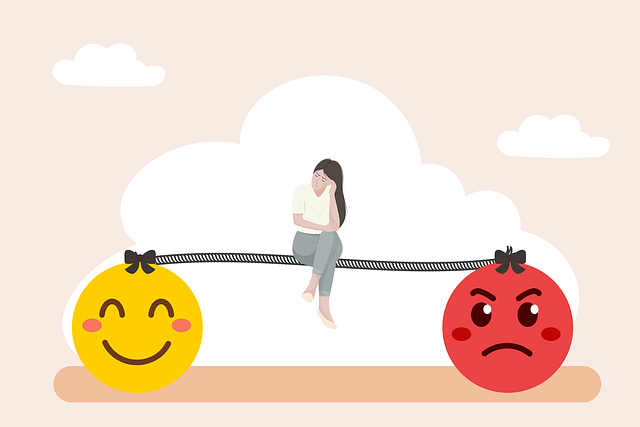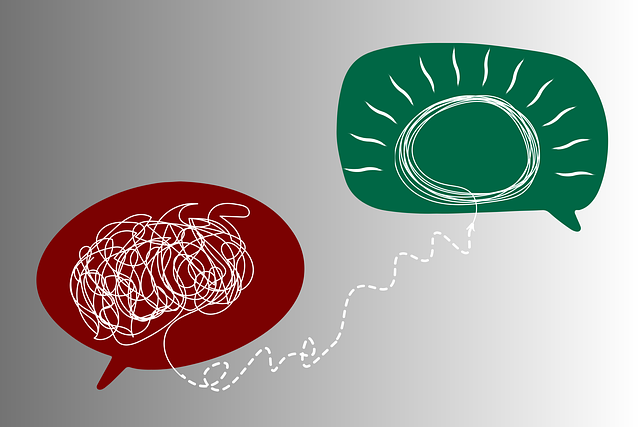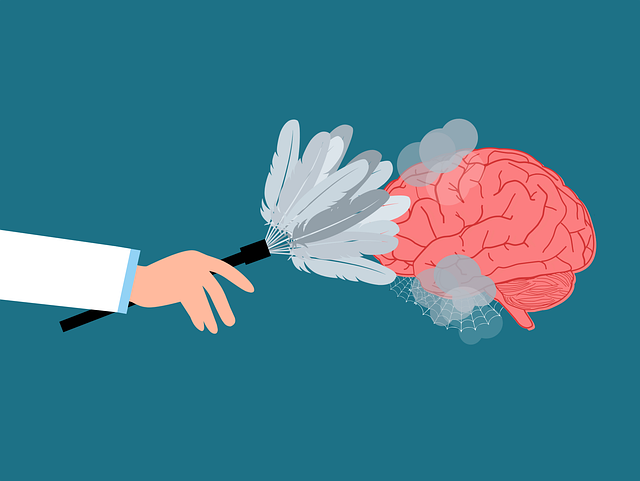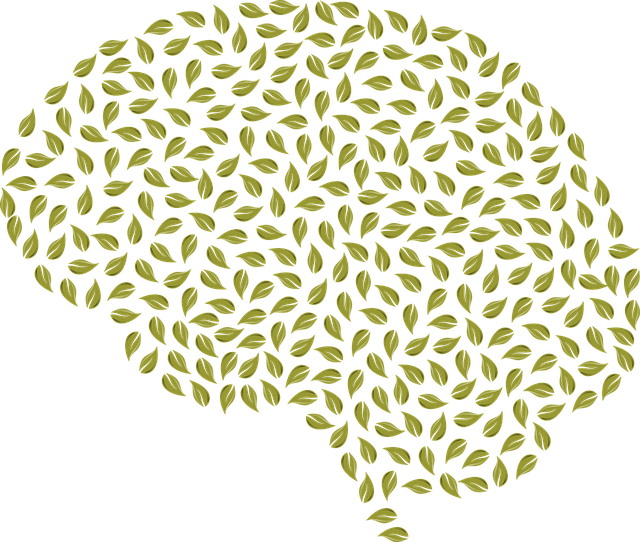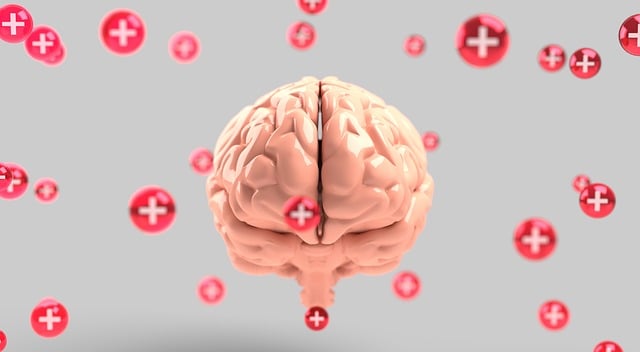Anxiety in young children manifests as fears, avoidance, and excessive worry, accompanied by physical symptoms and social withdrawal. Parents should look out for these signs and seek professional help through tailored therapy like Cognitive Behavioral Therapy (CBT) or mindfulness practices. Independent Medical Evaluations (IMEs), conducted by specialized healthcare providers, offer detailed mental health assessments, guiding interventions. A supportive home and school environment, along with teacher training and cultural-sensitive mental healthcare, are crucial for effective anxiety management in young children. IMEs also identify physical or developmental issues contributing to anxiety, leading to community outreach recommendations. Ultimately, these strategies empower children to build resilience and learn coping mechanisms.
Managing anxiety in young children is a multifaceted approach that involves understanding their unique needs. This article explores various techniques to help kids cope with anxiety, from recognizing signs and causes to evidence-based therapies like Cognitive Behavioral Therapy (CBT). We delve into the importance of independent medical evaluations for accurate diagnoses and appropriate treatment plans. Additionally, we provide strategies for creating supportive environments at home and school, as well as mindfulness, relaxation, and play-based approaches to enhance their well-being.
- Understanding Anxiety in Young Children: Recognizing Signs and Causes
- The Role of Therapy: Cognitive Behavioral Therapy (CBT) for Kids
- Independent Medical Evaluations: When and Why They Are Necessary
- Creating a Supportive Environment at Home and School
- Additional Techniques: Mindfulness, Relaxation, and Play-Based Approaches
Understanding Anxiety in Young Children: Recognizing Signs and Causes

Anxiety can manifest differently in young children compared to adults, often presenting as fears, avoidance behaviors, or excessive worry. Recognizing these signs is crucial for parents and caregivers. Children may display physical symptoms like frequent headaches, stomachaches, or difficulty sleeping, indicating underlying anxiety. They might also exhibit social withdrawal, become overly reliant on parents, or have meltdowns in certain situations. Understanding the specific triggers is essential, as various factors can contribute to a child’s anxiety, including genetic predisposition, life events, and environmental influences.
Seeking professional help through therapy tailored for young children is beneficial. Independent Medical Evaluations (IMEs) can play a significant role in diagnosing and assessing the severity of anxiety disorders. Mental wellness coaching programs designed specifically for children offer strategies to manage anxiety, promoting their overall mental wellness. Additionally, healthcare provider cultural competency training ensures that professionals understand the unique needs of diverse child populations, while mindfulness meditation has been shown to be effective in reducing anxiety symptoms in both children and adults.
The Role of Therapy: Cognitive Behavioral Therapy (CBT) for Kids

Anxiety can significantly impact young children’s lives, but there are effective therapy options available to help them manage and overcome these feelings. One such evidence-based approach is Cognitive Behavioral Therapy (CBT), tailored specifically for kids. CBT focuses on identifying negative thought patterns and replacing them with more positive and realistic ones, empowering children to take control of their emotions. This therapy is highly interactive, often involving games and activities that make it engaging for young minds.
For parents seeking support, Independent Medical Evaluations (IMEs) can play a crucial role in understanding a child’s anxiety levels and overall mental health. These evaluations, conducted by healthcare providers with specialized training in children’s psychology, offer valuable insights. By incorporating CBT alongside other therapeutic methods, professionals can enhance a child’s ability to cope with anxiety, improve their self-esteem, and foster positive thinking—all essential components of holistic well-being.
Independent Medical Evaluations: When and Why They Are Necessary

In certain cases, especially when a child’s anxiety is severe or persistent, an Independent Medical Evaluation (IME) may be necessary. This comprehensive assessment goes beyond typical therapy sessions and involves a multidisciplinary team, including pediatricians, psychologists, and psychiatrists. The IME provides a detailed picture of the child’s overall well-being, identifying any underlying physical or developmental issues that could contribute to their anxiety. It also assesses the family dynamics and home environment, recognizing that emotional healing processes often require addressing broader systemic factors.
For parents seeking therapy for young children with anxiety, an IME can be instrumental in tailoring effective stress reduction methods. By uncovering the root causes, healthcare professionals can implement tailored interventions, ensuring a more holistic approach to managing anxiety. Moreover, the findings may trigger recommendations for community outreach program implementations designed to support families and promote mental health awareness.
Creating a Supportive Environment at Home and School

Creating a supportive environment at home and school is paramount for anxiety management, especially in young children. It involves fostering an atmosphere that promotes security, understanding, and resilience. At home, this can be achieved by establishing consistent routines, implementing clear boundaries, and encouraging open communication about emotions. Incorporating calming activities like mindfulness exercises or reading into daily schedules helps children develop inner strength and self-esteem, empowering them to better manage anxiety symptoms. Schools play a crucial role in this process by ensuring teachers are trained in recognizing and addressing student anxiety, conducting regular mental health check-ins, and providing access to therapy for young children when needed.
Additionally, cultural sensitivity in mental healthcare practice is essential, as it ensures that strategies and interventions are tailored to meet the unique needs of diverse populations. Independent medical evaluations can provide valuable insights into a child’s overall well-being, including anxiety levels and potential triggers, guiding more personalized support strategies. Ultimately, by creating safe, supportive spaces both at home and in educational settings, children can build resilience, enhance their self-esteem, and learn effective coping mechanisms for managing anxiety.
Additional Techniques: Mindfulness, Relaxation, and Play-Based Approaches

In addition to traditional therapy techniques like cognitive behavioral therapy (CBT) and exposure therapy, there are several innovative approaches that can effectively manage anxiety in young children. Mindfulness practices have gained prominence as a valuable tool, teaching children to focus on the present moment and observe their thoughts without judgment. This heightened self-awareness fosters emotional regulation and can be incorporated through simple exercises like mindful breathing or body scans.
Relaxation techniques such as progressive muscle relaxation and guided imagery are play-based approaches that enable children to unwind and reduce anxiety symptoms. These methods often engage children in imaginative storytelling, helping them visualize peaceful scenarios while relaxing their bodies. Moreover, self-awareness exercises tailored to a child’s age can empower them to identify and express their feelings, fostering independence. It’s important to note that these techniques are especially beneficial when coupled with guidance from a healthcare provider with cultural competency training, ensuring each child receives personalized support. Stress reduction methods like these offer holistic solutions, addressing the mind-body connection and promoting overall well-being.
Anxiety management is a crucial aspect of fostering healthy development in young children. By recognizing early signs and understanding the root causes, parents and caregivers can create supportive environments at home and school. Incorporating evidence-based practices like Cognitive Behavioral Therapy (CBT) and exploring techniques such as mindfulness and play-based approaches can significantly aid in managing anxiety. In cases where anxiety impacts daily functioning, seeking independent medical evaluations can provide valuable insights and guide tailored interventions. With the right support, children can learn to navigate their emotions, leading to improved mental well-being and enhanced overall development.



